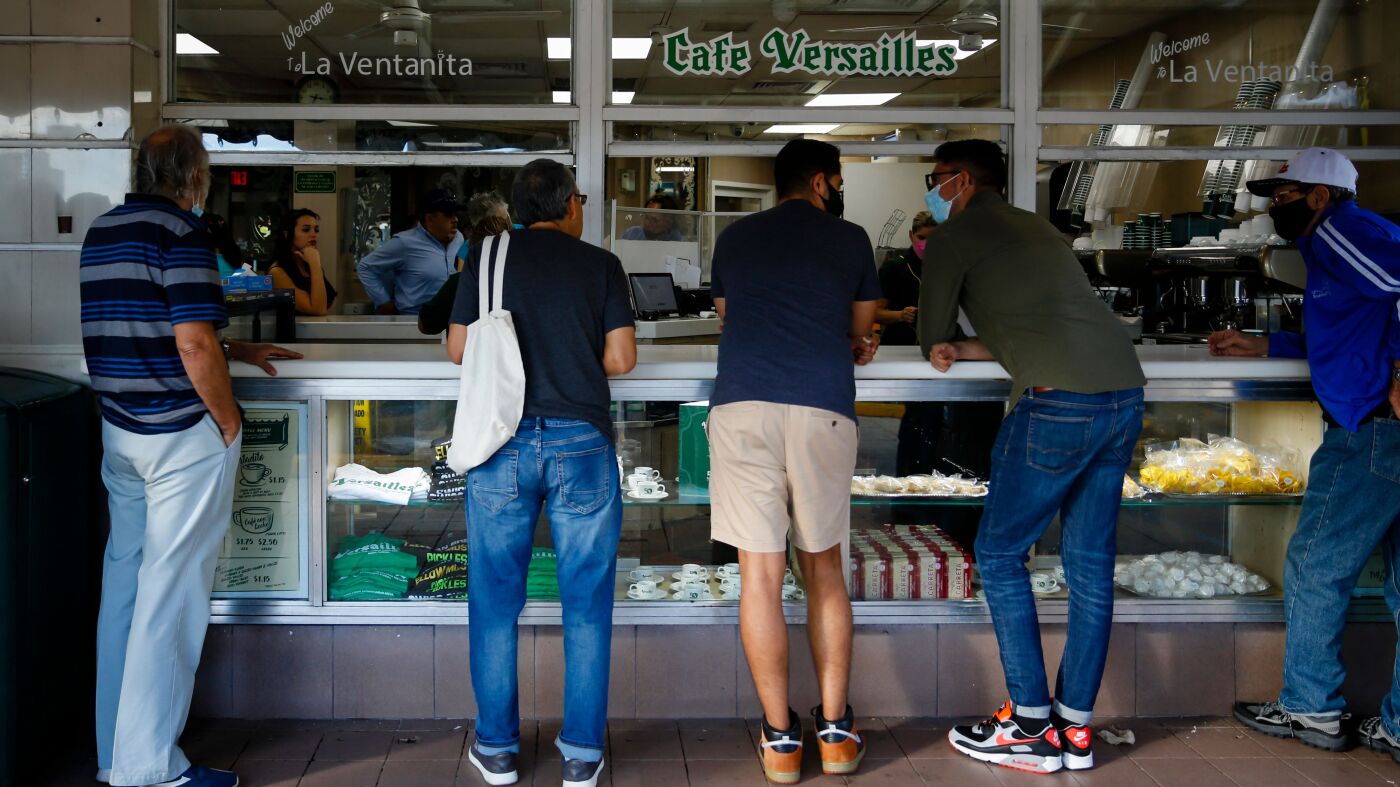The Complex Landscape of Miami’s Cuban-American Community Amid Rising Deportations
Miami’s Cuban-American population, known for its political engagement and steadfast support for certain U.S. policies, is currently navigating a turbulent chapter marked by shifting immigration realities. The ripple effects of intensified deportation efforts have unsettled a community that once enjoyed distinct protections, igniting social, political, and humanitarian concerns that extend beyond policy into the heart of communal identity.
Legacy of Exceptionalism: The Rise and Fall of Cuban Immigration Privileges
For decades, Cuban immigrants in the United States benefited from immigration policies that set them apart from other groups. Cold War dynamics shaped a unique framework: policies like “wet foot, dry foot” allowed Cubans who reached U.S. soil to remain and apply for asylum, while humanitarian parole offered additional shelter from deportation. These policies not only facilitated legal pathways but fostered a thriving Cuban exile community, especially in South Florida.
The erosion of these safeguards—particularly under the Trump administration—has dramatically altered this landscape. The discontinuation of humanitarian parole and the earlier termination of “wet foot, dry foot” policies effectively stripped away the legal shields that had made Cuban migration distinct. What was once a relatively safe passage is now fraught with uncertainty, with many Cubans exposed to deportation processes akin to those faced by other immigrant communities. This signifies a profound shift, turning a historically protected group into participants in an immigration system characterized by heightened enforcement and vulnerability.
Political Paradoxes: Cuban-American Support for Trump Amid Immigration Anxiety
The political dynamics within Miami’s Cuban-American community are complex and nuanced. Prior to the 2024 elections, an overwhelming majority—approximately 70% of Cuban-Americans in Miami-Dade County—supported President Trump. This loyalty largely stemmed from his hardline stance against the Cuban government and a shared anti-communist ethos. However, this political allegiance has been tested by the administration’s aggressive enforcement of immigration laws.
This tension manifests in a paradox: many Cuban-Americans strongly back Trump’s foreign policy regarding Cuba while simultaneously fearing the domestic consequences of his immigration initiatives. Deportations have sparked discomfort and dissent, fostering divisions within the community. Families torn apart by these policies and the fear of detention ironically challenge the sense of security that initially motivated political support. This schism underlines a larger identity struggle—how to reconcile enduring anti-communist values with the reality of policies that now jeopardize community stability and cohesion.
The Human Face of Enforcement: Detentions, Protests, and Family Separations
Behind policy shifts lie deeply personal stories of hardship. Miami’s detention centers, notably the Krome Detention Center, have become focal points of protest, with detainees expressing outrage over overcrowding, harsh conditions, and rapid deportation schedules introduced in 2025. These conditions amplify the psychological stresses on immigrants, many of whom are Cuban.
The impact on families is particularly harrowing. Instances of deported parents separated from children crystallize the emotional toll and galvanize community solidarity and activism. Furthermore, the phenomenon of “self-deportation” among those with legal notices like I-220A underscores the desperation felt by individuals caught between protracted court delays and the threat of detention in places like Guantánamo Bay. This voluntary departure, while a choice, is born of fear and the exhaustion of navigating an unforgiving system.
Legal Bottlenecks: Backlogs Fuel Uncertainty and Heighten Risks
Compounding the community’s struggles is the significant backlog in Miami’s immigration courts. This delay traps many in legal limbo, uncertainty extending the emotional and economic strain on families who fled Cuba seeking a new beginning. Slow proceedings reduce the ability of legal advocates to mount effective defenses, inadvertently increasing deportations despite active community resistance.
The backlog also highlights systemic inefficiencies and the human cost of a stretched judicial apparatus, revealing a grim reality where justice and due process are often victims of administrative overload.
Fractures Within: Political and Social Divides
The surging deportations have fragmented previously unified political sentiments among Cuban-Americans. While some Republican factions criticize the harsh immigration policies, others remain committed to the broader political agenda offered by figures like Trump. This division points to a community wrestling with reconciling ideological choices with the tangible effects of policy.
Such fractures challenge the outdated perception of Cuban-Americans as a homogeneous political bloc. Instead, they reveal a spectrum of views informed by personal experiences—including economic, social, and humanitarian considerations—rather than solely by party allegiance or geopolitical perspectives.
Miami’s Multicultural Stage: Diverse Latino Responses to Immigration Challenges
Within Miami’s broader Latino mosaic, the Cuban-American experience contrasts with responses from other Hispanic groups. While Cuban-Americans have traditionally leaned Republican, reflecting their Cold War history, other Latino communities in the region have expressed vocal opposition to stringent immigration measures.
This diversity emphasizes the complexity of political alignments across Latino populations and the ways immigration policies influence, challenge, or consolidate these positions. Miami emerges as a microcosm of national debates, where immigration enforcement intersects with ethnic identity, political loyalty, and collective advocacy.
Upholding a Future Amid Uncertainty
The evolving situation for Miami’s Cuban-Americans poses difficult questions about identity, loyalty, and resilience. Once beneficiaries of exceptional immigration status and reliable political alliances, they now face systemic shifts that threaten their security and social fabric. The juxtaposition of supporting political leaders whose policies imperil the community reveals an intricate balancing act between heritage, ideology, and survival.
Beyond policy debates, the reality involves real families fractured by deportation, enduring psychological harm in detention centers, and a longstanding protective framework gradually unraveling. The community’s response to these challenges will not only shape their own trajectory but also reflect broader American struggles over immigration, belonging, and the meaning of political commitment in a changing world.
—
Sponsor
هل تبحث عن طريقة مبتكرة لتعليم أطفالك مهارات المستقبل؟ مع Novakid Global ARABIC، يمكن لطفلك تعلم اللغة الإنجليزية عبر الإنترنت بطريقة ممتعة وتفاعلية، مع التركيز على المهارات التي يحتاجونها في عالم يعتمد على الذكاء الاصطناعي. نوفاكيد تقدم دروسًا مخصصة للأطفال من سن 4 إلى 12 عامًا، مع معلمين ناطقين باللغة الإنجليزية ومنهج يعتمد على المعايير الأوروبية CEFR. سجل طفلك اليوم وامنحه أساسًا قويًا لمواجهة تحديات المستقبل!

